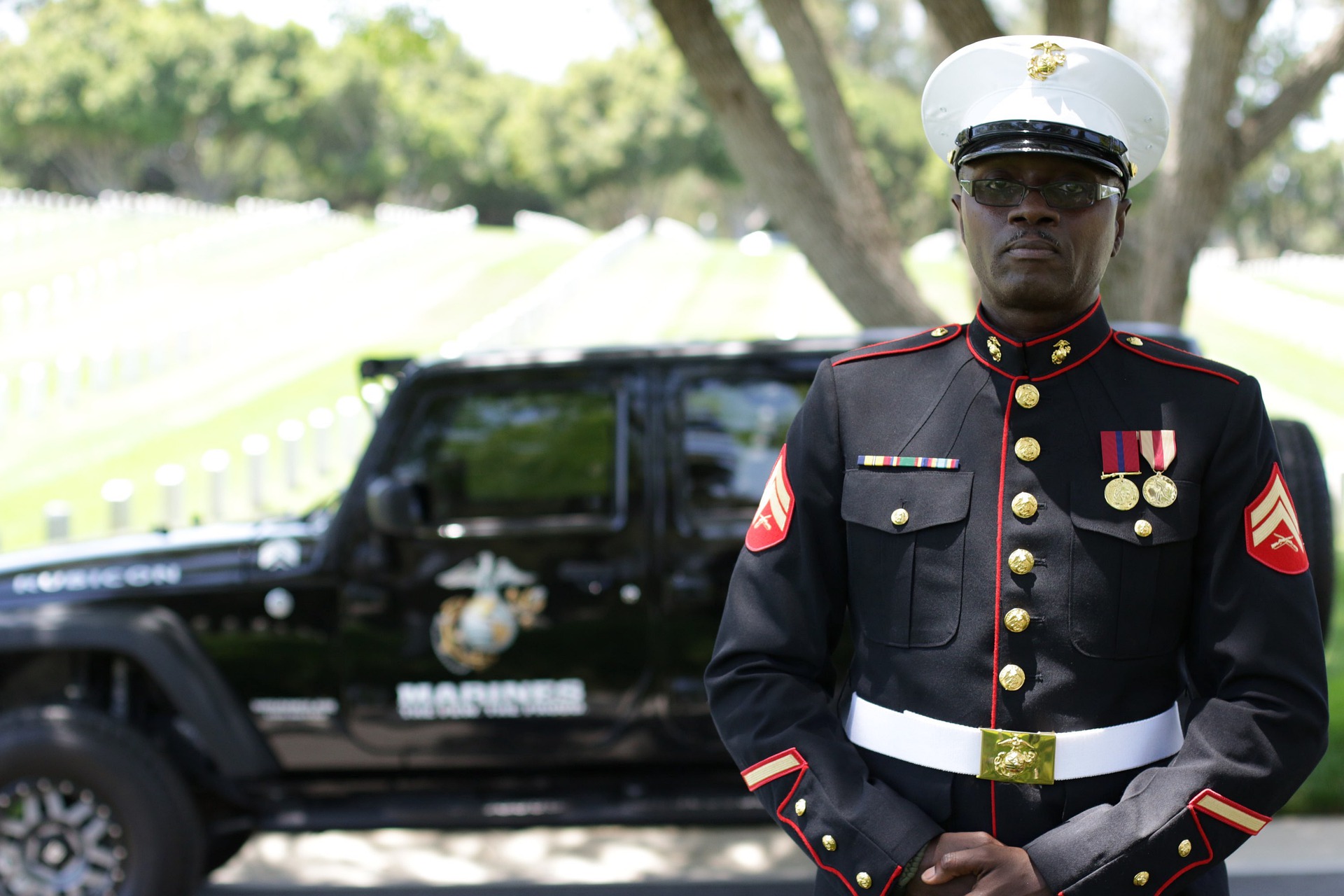Just as your physical health plays a key role in your daily life, the same is true of your mental health. However, mental health is often overlooked by most people. Nevertheless, there are many simple things you can do to improve your mental wellbeing. For military veterans, developing mental strength and resilience should be considered a top priority as they often have to cope with the trauma and emotional aftereffects of war. With that in mind, let’s consider a few specific things veterans can do right now to improve their mental health.
Join Online Support Forums
There are many forums online where veterans congregate every day to discuss their life after the military, the hardships they experienced while serving, and the challenges they face as they navigate the labor market or deal with the effects of PTSD. Being able to share and commiserate with others who have had or are having similar experiences can help veterans to come to terms with what they went through and what they currently face. For many vets, opening up about these issues is the first step toward long term healing.
Get Regular Physical Exercise
Daily exercise is a proven mental health booster regardless of what your current circumstances are. Exercise has been shown to ease the symptoms of depression and anxiety, which are two of the most common mental health issues experienced by veterans. It does this by releasing serotonin, which is a feel-good neurochemical that helps to regulate positive affect. Exercise is also good for veterans struggling to reintegrate into civilian life because it provides an inherent sense of fulfilment and purpose.
Long days spent looking for work or dealing with the stress of school, and unfamiliar places can be made much easier if there is a workout or exercise routine that is part of your day. Exercise also helps boost cognitive function and makes your mind sharper by increasing the amount of oxygenated blood flowing to your brain.
Use Cognitive Behavioral Therapy Techniques
Cognitive behavioral therapy (often referred to by its acronym CBT) is one of the most popular techniques for dealing with traumatic experiences. A fundamental part of CBT involves explaining the mechanisms by which trauma causes mental health issues, thereby empowering sufferers with the knowledge to help them interpret and better react to their triggers. These techniques are used by mental health professionals helping veterans and can be self-taught and utilized by oneself. There are a plethora of books, forums and websites dedicated to CBT and veterans who are either waiting for professional mental health intervention or curious about the various ways they can manage their mental health on their own may find help in such places.
Give Back
There is plenty of research demonstrating the beneficial effects of giving to and helping others. This has been observed repeatedly across age and cultural groups, and it makes sense when you think about it. When you help other people, especially those who are vulnerable, you are doing something very powerful: you are recognizing that there is a tremendous amount of suffering or pain in the world, and yours is only a small part of it.
Not only does helping and giving back provide you with a sense of perspective that can be incredibly calming and life-affirming, but it also gives you a sense of purpose. For many vets, the feeling that they are doing something positive and making the world a better place is something they learn from their military service but struggle to find in civilian life. This is crucial when you consider the fact that a sense of purpose has been strongly linked with decreased mortality and increased happiness.
Conclusion
Activities that promote good mental and physical health should be a part of everyone’s daily routine. Healthy habits are especially important for military veterans who often have to deal with more intense and more frequent traumatic experiences than the average person. Engaging in the activities mentioned above is a great way for vets to start protecting their mental health and ease their transition back into civilian life. If you are curious about what else you can do to improve your mental health, then you may consider chatting with a trained therapist in your area.


